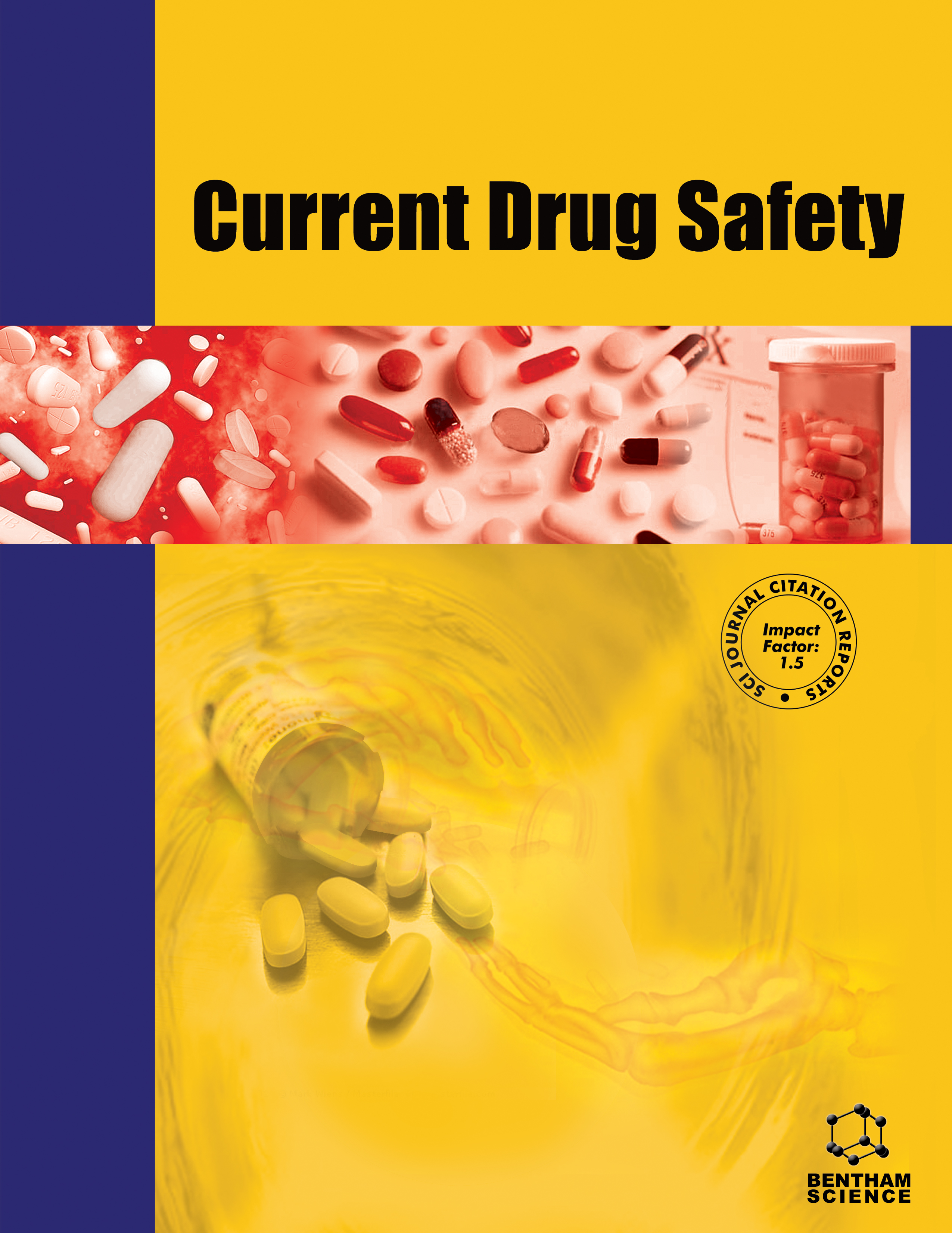-
s What are the Characteristics of Patients Experiencing Adverse Drug Reactions to Oral Anticogulants and How Can Such Reactions be Prevented?
- Source: Current Drug Safety, Volume 15, Issue 1, Mar 2020, p. 38 - 44
-
- 01 Mar 2020
Abstract
Introduction: Oral anticoagulants, including vitamin K inhibitors (VKAs) and direct anticoagulants (DOACs) are important for preventing and treating thromboembolic diseases. However, they are not recommended for use in all patients due to negative side effects and adverse drug reactions (ADRs). Currently, there is a paucity of information about their use in real life. Therefore, the aim of this pilot study is to report on the rate of serious ADRs in oral anticoagulant users, determine patient characteristics associated with increased risk of ADRs, and identify possible management strategies for reducing risk of ADRs within a hospital setting. Methods: Patients admitted to the Internal Medicine Department of the Vimercate Hospital were recruited between November 1, 2015 and October 31, 2016. All patients reporting an ADR associated with anticoagulant use were selected. Demographic, clinical, and observational data were extracted from electronic hospital records, in particular, by the hospital discharge letters and other clinical records. The main outcome of the study was to evaluate the incidence of anticoagulants serious adverse drug reactions conditioning hospital admission, the percentage of preventable reactions, and the determinants of those. Results and Discussion: Of the 2,064 admissions, 102 (4.9%) eligible patients were identified. Age ranged from 60-95 years (mean = 81.9, standard deviation = 6,59) and 47.1% (n=48) were female. Of the 102 cases, 68 used VKAs and 34 used DOACs. The most common admission diagnosis was heart failure following anemia or hemorrhage (56 cases), followed by acute hemorrhage (with or without anemia; 29 cases), and anemia not associated with evident hemorrhage (17cases). The majority of VKA users (n=65, 95.6%) had a high risk of major bleeding. ADRs were found to be preventable in 96% of VKA users and 68% of DOACs users. Conclusion: This study highlights the large percentage of ADRs from oral anticoagulants that can be avoided with more careful patient management. Periodic check-up of cardiac and renal function, as well as blood count, may be useful for reducing the risk of ADRs, especially in older DOACs users. Further research is needed to get new data to improve the patients monitoring system.


